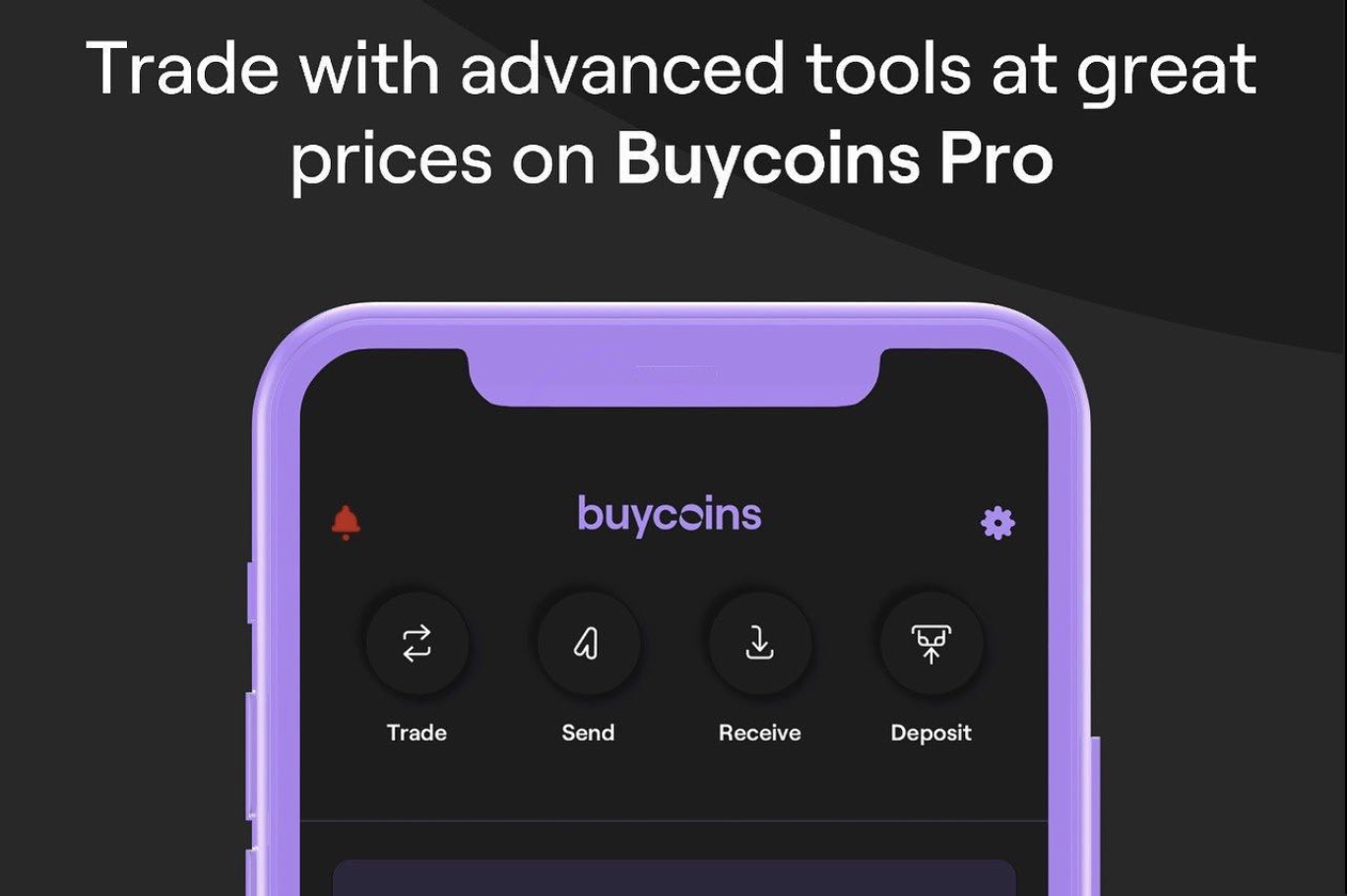What Went Wrong? A Deep Dive into Buycoins Pro's Crumble

Rejoice Anodo
August 28, 2024

Bitkoin
Bitkoin, the first version of the app BuyCoins, was launched on the 1st of October, 2017. Built by Timi Ajiboye and Ire Aderinokun, Bitkoin was presented as a cryptocurrency exchange with indigenous payment processing solutions to solve the problems associated with trading cryptocurrency in Africa. Bitkoin received a substantial but undisclosed amount of funding from Microtraction in June 2018.
BuyCoins
By July, the team’s perspective extended beyond peer-to-peer exchanges. Bitkoin was transformed into BuyCoins. It was remarkably different from Bitkoin, as users could buy and sell Bitcoin, Ethereum, Litecoin and Bitcoin Cash with no extra charges and P2P transactions. Potential users only needed a Nigerian bank account or a debit card to sign up. The app was also supported on Android and iOS devices. In August, BuyCoins announced its seed fund capital of $120,000. This was achieved with investors - YCombinator, Precursor Ventures and Cypher Capital.
Helicarrier <--> BuyCoins et al
By the fourth year of business, BuyCoins evolved into Helicarrier, a name change inspired by its growth. Helicarrier became the parent company. Other products were segregated and named accordingly; BuyCoins (basic) for cryptocurrency exchange, and BuyCoins Pro as an order book for advanced trading. Other applications aligned with borderless payment solutions (Sendcash, Sendcash Pay and NGNT).
BuyCoins Pro
BuyCoins Pro offered users an exchange to trade the NGNT/USDT pair, with a promise of instant Naira deposits and withdrawals, at low trading costs. Naira deposits could be accomplished directly from bank accounts or by transfer. The app also allowed deposits from Chippercash and Abeg. Withdrawals were similar to formats found on traditional banking apps. With a BuyCoins Pro account, users could send, receive and store cryptocurrencies. They could send only BitCoin, Ethereum, USDC, USDT and LTC to external wallets.
BuyCoins Pro’s unique feature was an order book. Built with professional traders in mind, it was an electronic trading list that contained the number of coins to be traded and the price to be traded.
The order book included limit orders, market orders, and escrowed trades. Limit orders allowed traders to specify cryptocurrency trading prices, with BuyCoins automating the process. Market orders enabled traders to trade coins at the best available prices, even if it meant paying higher prices. Escrowed trades remained pending until the order was completed.
BuyCoins Pro charged 1.49% off every transaction. BuyCoins Pro also offered a credit line feature for specific high-volume users, allowing them to trade BTC and USDT above their current account balances, with a limit set by BuyCoins. Debts accrued penalty fees after 12 hours if not paid in the same token.
Revenue and Growth
In 2019, BuyCoins amassed a trade volume of $28 million with actual trading users capped at 1,400. In 2020, users grew to 16,768 and the trade volume achieved was $141,395,605.75.
Ups and Downs
In the first quarter of 2020, BuyCoins created a referral program for their P2P services. The app witnessed a large increase in sign-ups and trading activities. However, close investigation revealed that over 1,000 users signed on to the platform with multiple identities in an attempt to game the system and reap rewards. Flagged accounts were restricted and the referral program was shut down on the 6th of June, 2020.
On the 8th of June, 2020, BuyCoins users took advantage of a glitch on the app to withdraw large amounts of Ethereum and Litecoin to their Binance accounts. The CEO, Timi Ajiboye, revealed in a Twitter thread that Binance was slow to investigate the matter, but assured users that all their funds were safe, and the glitch was erased.
These events, almost coinciding with each other, led to a massive restriction of user accounts, to fish out the culprits. Users were understandably outraged at the outcome.
In February 2021, the Central Bank of Nigeria(CBN) prohibited Nigerian financial institutions from working with cryptocurrency exchanges. This directive prevented BuyCoins from directly accepting NGN deposits or withdrawals. However, BuyCoins presented an ingenious move to overcome this obstacle - P2P deposits and withdrawals in Nigeria Naira (NGN).
Sunset
Between December 2023 and March 2024, several online sources reported that Helicarrier was discontinuing BuyCoin Pro’s services, with a timeline of three months for users to withdraw their funds or move them to their BuyCoin basic accounts. The major reason cited for this development was to re-strategize and focus their resources on Helicarrier’s core services.
Key Takeaways
The unexpected shutdown of BuyCoins Pro is undoubtedly shocking to the Nigerian fintech ecosystem, but there are lessons to be learned. Unforeseen events like abrupt Nigerian banking restrictions and the cybersecurity hack caused lapses in growth.
Despite massive user and trade volume growth, BuyCoins Pro only supported the transaction of one African currency, the Nigerian naira (NGNT), although Helicarrier consistently stated its mission as offering borderless exchange across the African continent.
Catering to the African financial sector is a crucial task. Perhaps this is an essential break for BuyCoins Pro to evolve into a stable cryptocurrency exchange platform, and expand their reach to render continuous cross-country payments across Africa.


